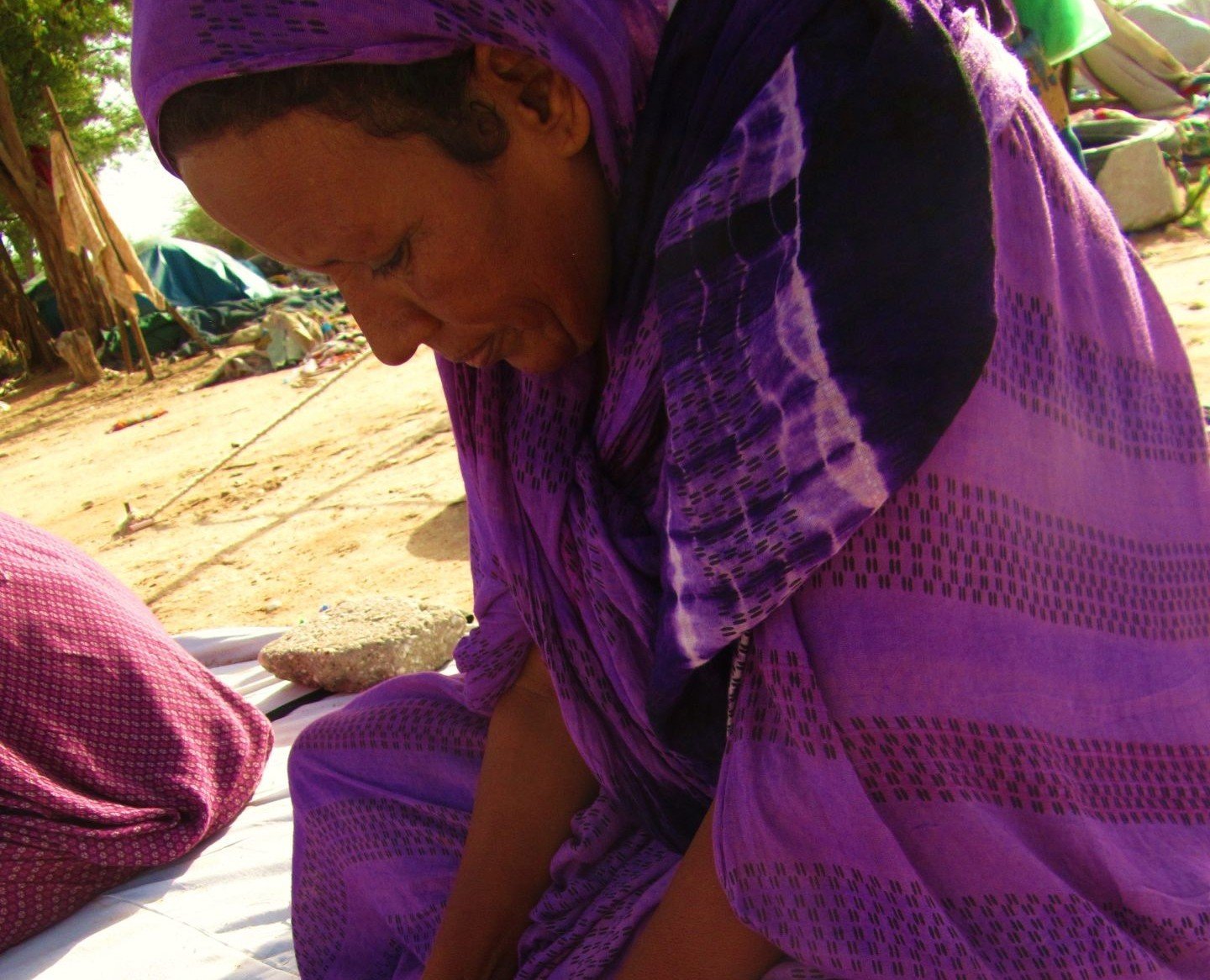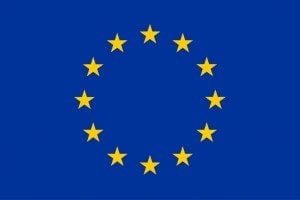
Creating a favourable environment to help eradicate slavery in Mauritania
Duration: 14 June 2017 – 14 September 2019
Country: Mauritania
Communities: Haratines
What was this programme about?
At the heart of our programme was the fight against persistent slavery practices, their consequences and all the forms of intrinsic discrimination against people leaving slavery and their descendants as well as assimilated black populations in Mauritania. To this end, we aimed to continue to provide the support needed to eradicate slavery in Mauritania and ensure the full integration of people emerging from slavery into mainstream society.
We approached these twin imperatives through three mutually reinforcing strategies. We supported the socioeconomic empowerment of people emerging from slavery by providing skills, opportunities and support to live independently of enslavement and exploitation. We ensured that the authorities more rigorously identified and pursued the prosecution of slavery cases and compensated victims, by promoting the effective implementation of the existing legal framework aimed at combating slavery. We built the capacities of civil society organizations working towards the elimination of slavery to ensure the sustainability of the anti-slavery movement.
Why did we deliver this programme?
Mauritania has the one of most entrenched systems of slavery in the world with deep historical roots. Its Maure population consists of the light-skinned Beydans and Black Haratines. Beydans, who form the country’s elite and are dominant in the country’s government, military, businesses and resource ownership, historically raided and enslaved Haratines, who continue to suffer from persistent slavery practices, discrimination, marginalization and exclusion.
Mauritania is also home to other Black ethnic groups, such as Pulaar, Wolof and Soninke; these groups are known collectively as Black Mauritanians. While it is now rare, some are still subjected to descent-based slavery. Black Mauritanians also face discrimination and exclusion, and, like Haratines, have great difficulties gaining access to national identity and citizenship rights.
It is challenging to know how many people currently live under these conditions, as slavery practices are mostly shrouded in secrecy and taboo. However, Mauritanian antislavery organizations estimate that thousands of Haratines are still enslaved or living under some form of control by their former enslavers. Only a tiny minority of the people subjected to this form of slavery escape it. Most remain in slavery all their lives with their circumstances seldom recorded or monitored. People who have escaped are usually deeply traumatized; despite having made the brave decision to escape, they are unused to independence and life beyond slavery is extremely difficult.
Haratines still living under the direct control of their enslavers are treated as property and receive no pay. They can be rented out, loaned, given as gifts in marriage or inherited by the masters’ children. Men primarily herd cattle or work on their enslavers’ farmland while women are mostly engaged in domestic work or shepherding small herds of animals. Children start working for their enslavers at a very young age. Enslaved people are frequently subjected to verbal and physical abuse. Women and girls particularly are vulnerable to sexual abuse.
People of slave descent who now live separately from their enslavers continue to be subjected to iniquitous practices, such as paying tithes to former enslavers and facing systematic discrimination which results in structural poverty and high vulnerability to exploitation. Narrow and marginal economic opportunities, socio-cultural stratification and Mauritania’s harsh natural environment combine to limit the ability of the Haratines to achieve safe, secure livelihoods which are independent of exploitative relationships controlled by traditional masters.
Since the official abolition of slavery in Mauritania in 1981, anti-slavery laws and measures have been put in place to ensure not only the condemnation of enslavers but also former slaves’ economic reinsertion. Despite clear evidence that these laws have never been fully and properly implemented in practice, the Mauritanian authorities often claim that slavery no longer exists in the country. The governing elites have strong slave-owning connections and vested interests in maintaining the status quo.
What did we do?
- Trained civil society organizations on identifying people emerging from slavery, providing them with pastoral support and mobilizing them to take action against slavery.
- Trained local activists on media work, how to raise awareness and how to advocate for the eradication of slavery in the country.
- Held advocacy meetings with national authorities to share information on the progress of the slavery cases MRG is involved in, and to ensure that procedures are implemented quickly and impartially.
- Advocated at the regional and international level to draw attention to the situation in Mauritania as well as to increase the dialogue and exchange of information between Mauritanian anti-slavery activists and key international actors.
- Provided legal advice, assistance and representation to victims of slavery in national and regional fora.
- Organized workshops and roundtables involving clerks, judges, prosecutors and law enforcement officials from all over the country to exchange on how essential their approach to victims of slavery is and the effective implementation of the 2015 law.
Who were our partners?
Anti-Slavery International (ASI) is the world’s oldest human rights organization, founded in 1839 as part of the original movement to abolish the transatlantic slave trade. Their work directly supports people affected by slavery to claim their rights, seek compensation and take control of their lives. They also use our unique experience, specialist knowledge and expertise gained from years of working with local partner organizations in over 20 countries worldwide as a platform for national and international advocacy, research and policy-level change.
SOS-Esclaves (SOS) is the longest-established anti-slavery organization in Mauritania created in 1995 by leading figures of the earlier El Hor movement. It has over 2,000 grassroots members and ‘focal points’ in each region and most towns of Mauritania as well as regional offices in Atar, Nema and Bassiknou where slavery is particularly prevalent.
Who funded this programme?
This programme was supported by the European Union.
Find out more…
This programme builds on MRG’s previous work focused on the eradication of slavery in Mauritania including Freedom, rights and justice: Combatting descent-based slavery alongside Anti-Slavery International and SOS-Esclaves, and Gender equality for Haratines alongside Association des Femmes Chefs de Famille and SOS-Esclaves.
Read about the anti-slavery activists denied entry into Mauritania in a press release from our partners SOS-Esclaves.
—
Photo: A Haratine woman in Mauritania.

This content is the sole responsibility of Minority Rights Group International and can under no circumstances be regarded as reflecting the position of the European Union.